
Written by Emma
08 Mar 2020
There’s a particular memory of primary school which comes back to me often.
Sometimes it will come when I’m stuck in a rut. Other times it isn’t so narrative, and it just appears out of nowhere – like a guy trying to involve you in an Illuminati pyramid scheme (hello spammers on our Facebook page), or the rain in Swedish wintertime. It’s not particularly distressing, it’s not particularly remarkable.
I’m in Year 4, which means I am seven years old. The teacher has told the class angrily that we must complete our maths problems in silence. Now, with the privilege of hindsight and some time spent working with boisterous children, I know that she probably demanded that we work in silence so everyone could focus on their work. Or so she could get some peace and quiet from the rowdy children who’d just returned from break time, buzzing with the energy of being blown around by the wind. And it worked. Everyone began silently scurrying away with their pencils in their workbooks. But I remain sat there, reading the paper over and over again, not understanding. I am seven years old, and have already made being good at and/or liking school a proud cornerstone of my identity. And now I am feeling my cheeks turn suddenly hot and wet, and my nose suddenly start to run onto my paper below, betraying my emotion. I know that I cannot answer the question, and I also know that I shouldn’t ask one either, as we’ve been told to finish the task in complete silence.

Today, I’m sat in bed in Stockholm, and some time has passed. I sit here and I remember this and I’m like…..baby Emma I’m sure you could have asked for help! I’m sure if I went up to my teacher and asked her to explain the task again, she wouldn’t have been angry, it wouldn’t have been a bad thing. But sometimes when a rule is established and you don’t exactly know why it is, you end up following it confusedly and slavishly, even when it’s to your detriment, and maybe to the detriment of others too.
This memory, of course, is a narrative device for a larger story I want to tell you. Growing up in the British, famously so brilliant darling education system, there are many such rules to follow. In my experience of it, the British higher education system is managed in a way which feels like it prioritises getting as many students in and out as quickly as possible. Limited opportunities for re-sitting your exams, no changing your major unless you’re willing to start all over again – and that includes paying new rounds of tuition fees. Getting extensions for assignments was difficult, and you often had to get documentation to prove exactly why you couldn’t perform the same way as your peers. Don’t get me wrong – my experience of the teaching was incredible, but that’s not the issue I have here. It’s that the very design of the education system itself always felt like it was prioritising funnelling as many students who could pay in, and spitting them out again after three years.
And then I moved to Sweden. I’m not going to pretend it’s been a total utopia and everything I could want and more from an education. Maybe if you’ve read my blog before, you’ll know I switched from a programme in Uppsala after my first year because the programme there didn’t fit me right (this is a good example of why you shouldn’t pick a programme based on the prestige of a university, but instead you should really research whether you think the programme would personally be a good fit for you). But in my programme of study at Stockholm University now, I can see just how many wonderful lessons I have learnt.
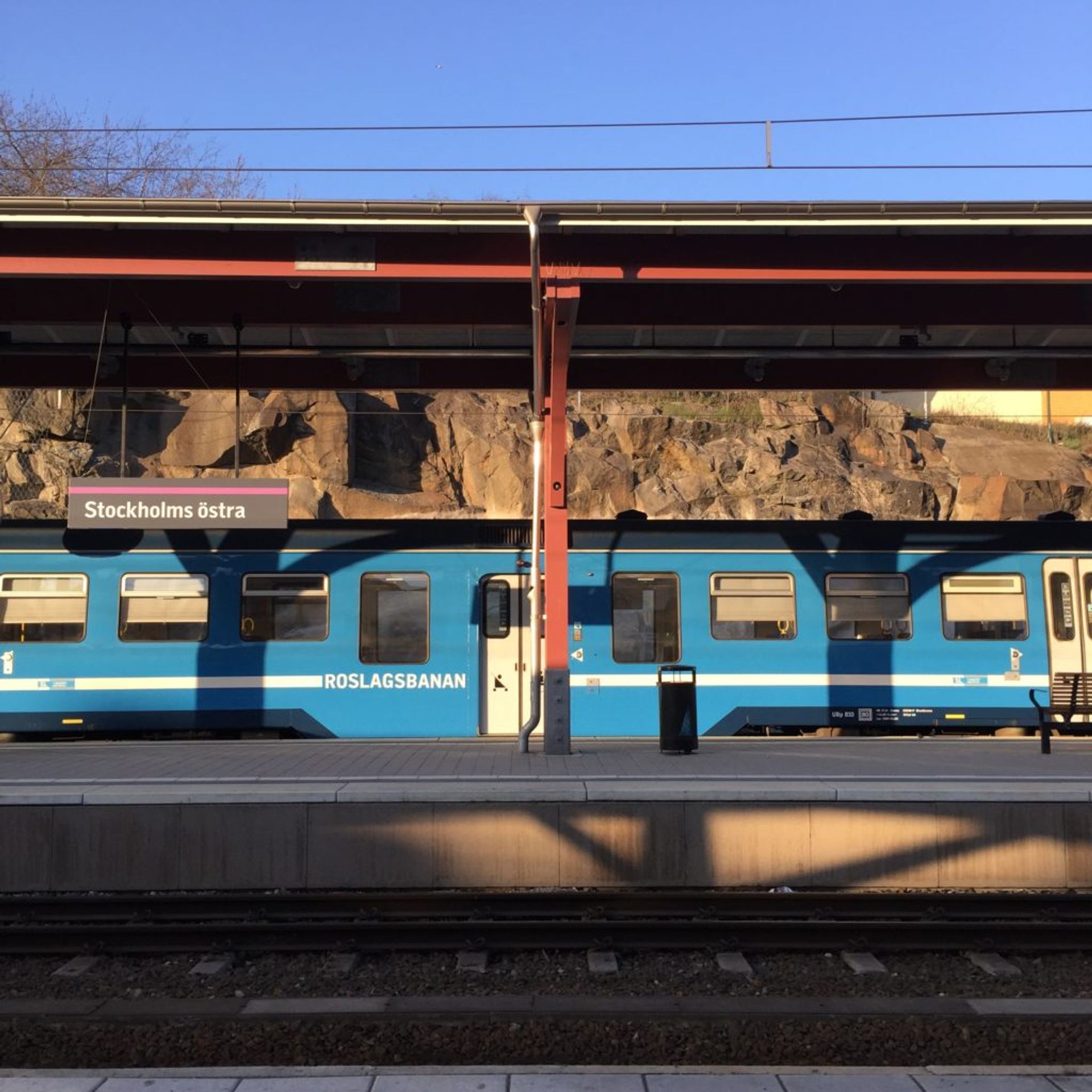
I have learnt that even if the room is silent, it is important to speak up and ask for help. I have learnt to prioritise listening to my classmates over feeling a need to speak just to contribute something. But I’ve also learnt that the classroom is the place to speak up, to take risks, to encourage debate. I have learnt that staying silent, and staying inside yourself and not daring to speak is not only a disservice to yourself, but a disservice to sitting in that classroom in the first place. Being silent – especially when you are in a classroom taking about issues of social inequality, of structural racism and misogyny and homophobia – is a privilege in itself. In Sweden, I’ve learnt the importance of being able to articulate your solidarity with others going through things very different to your experience of the world, and the importance of listening to other people, and what they need.
Sitting in classrooms in Sweden, learning from diligent teachers and conversing with wildly intelligent classmates has taught me that it is okay for conflict to exist. It is vital that we are all taken to task for the things that we think, the things we think we think, the things we have taken as normal and a given – because it is only then, through dialogue with others with entirely different cultural backgrounds to you, that you can better see the ways in which your own singular perspective is limited. As long as conflict is approached in a spirit of respect, of generosity, of inviting someone to see something from another perspective, isn’t it the reason why we’re in academia in the first place?
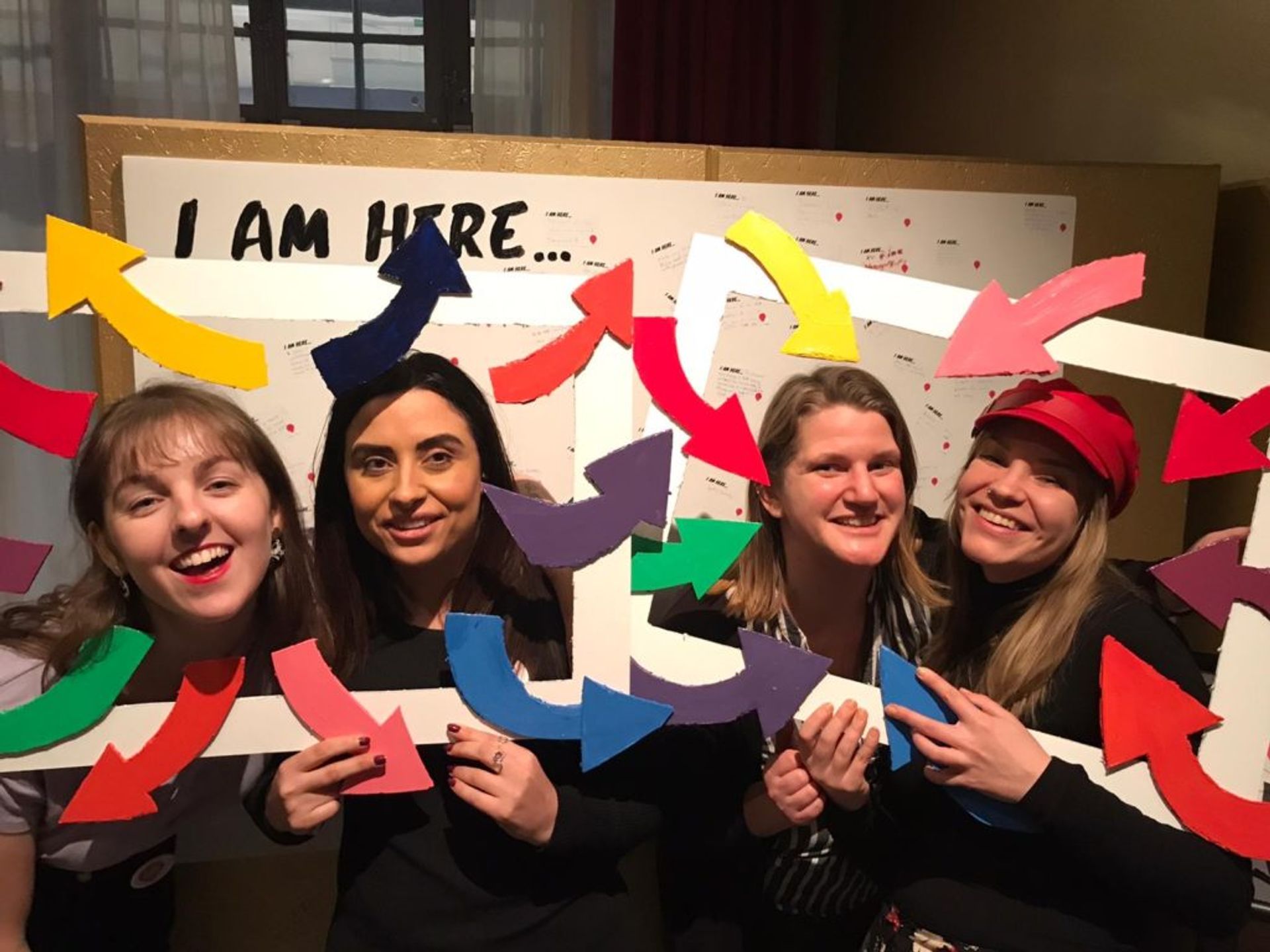
Sometimes my classmates and I don’t do it right. Often, we don’t do it right. There have been group projects where we have miscommunicated, and people have felt attacked. There have been discussions where I have let my own sensitivity get in the way, where the feeling of a rising blush in my face has prevented me from taking a breath and slowing down and seeing something from outside of my own singularity. But we return to the classroom, or to the reading, or to conversations with one another, every time.
There are so many ways in which I can identify teaching and learning being a wholly different experience in Sweden, especially compared to my native UK. But what about for other students, from all over the world? This blog breaks down some components of the Swedish higher education system, inflected with the comparative perspectives of students from all over the world – stating exactly how Sweden’s classroom environment differs from what they’ve known back home.
The general mood
Sara, a Hungarian student following the Global Studies programme at the University of Gothenburg notices how much less stress she feels in Sweden than in her native Hungary. She says that this leads to “more effective work”, especially because in the classroom there seems to be “no hierarchy – we are all equal.” Sara continues:
“Even the teachers are there to teach AND learn also from us.”
This reciprocal nature is something I recognise from my own experience of studying Performance at Stockholm University – that there is always room for us all to educate one another on the differences between our cultural contexts, and how that informs our readings or our experiences of the world. Sara also noted that there is “appreciation when you’re creative or innovative.”
Hazal, a Turkish student of Ethnic and Migration Studies at Linköping University, noted the initial shock of calling teachers by their first names: “It was very surprising for me and I love it.” The familiarity that this fosters feeds into Sara’s observation about the lack of hierarchy in Swedish universities. Of course your professors and teachers are institutionally your superiors – it would be silly to pretend there isn’t a power dynamic or any hierarchy involved in the professor/student dynamic. However it is important to note, as both Sara and Hazal have, that there is a sense of equality in the room. The teacher isn’t there with an objective, all-knowing power and wealth of knowledge to hold over you. There is a reciprocity here – and it starts on the level of calling your teachers by their first names.
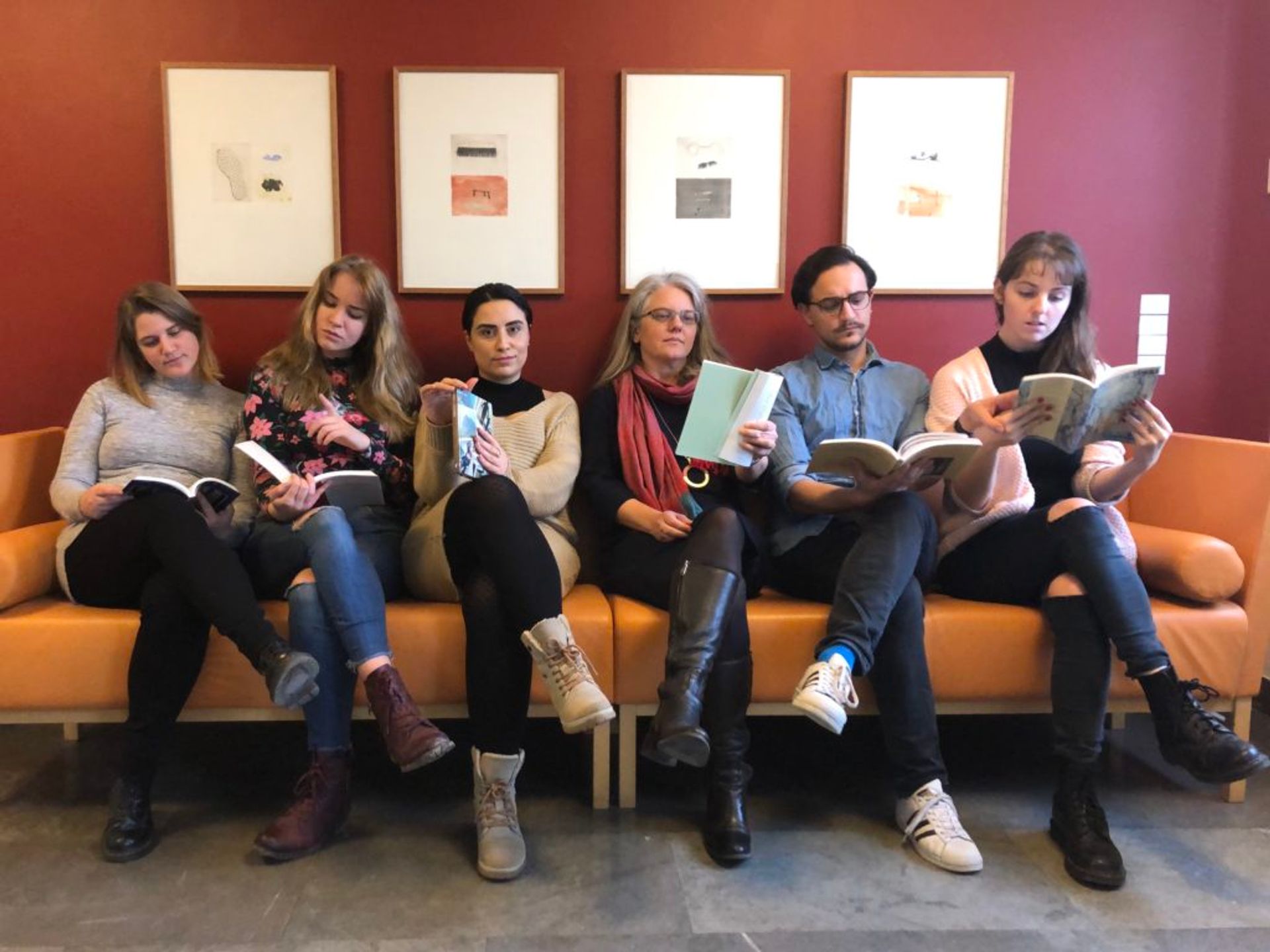
Seminars
Sara emphasises that seminars aren’t just about sitting behind desks and being dictated to, but that they are all about:
“Discussions! And arguments, where you can be raw and honest, and you’re not gonna be judged.”
Of course, the structure of a seminar depends on what you’re studying on a given week. Sometimes teachers in my programme have stated a week in advance that they will begin next week’s class with a lecture, but then for the second-half of the class they want us to foster a discussion ourselves. Sometimes for particularly difficult texts, our teachers will give us question prompts to help foster critical reading, particularly if the language is slightly antiquated or if the writer’s work is steeped in many theoretical references which we all haven’t come across before.
For some of my classes, the seminar begins with a group presentation on a text we’re looking at. After the break, we then open up into a broader discussion where our teacher acts as more of a moderator to discussion than as The Domineering Figure Of Knowledge. Some of these classes have been the most rewarding, where the teacher helps steer our discussions, but ultimately we students riff off of one another to try and illuminate the things which we think are particularly critical from the texts, or highlight the parts to talk about which we don’t fully understand.
One key part of seminars in Sweden are the breaks. They are explicitly to go and get coffee. Like, stretch your legs and go to the bathroom if you want. But coffee is always the priority in Sweden.

Lectures
Reuben, who is from the Philippines and a student of Biomedical Surface Science at Malmö University similarly notes the significance of familiarity with your teachers:
“You can call your professors with their first name which was strange at first, but then you get used to it.”
Reuben adds that:
“It removes the pressure of talking to someone in authority and makes you more comfortable asking questions during lectures.”
In many peoples’ education histories, lectures are the Pinnacle Scene of Authority, where an older man in tweed dictates from behind a lectern, and students are only meant to make a sound if they have to cough or sneeze*.
Lectures are more actively participatory in Sweden. Not all the time, but there is certainly more freedom to ask questions and ask for clarification if you’re not sure. You’re not expected to be a passive receptacle to just be filled with knowledge for the sake of it.
*(side-note, one particularly austere lecturer during the first year of my BA in the UK was so irked by students having coughs and colds during her lecture that she stopped her presentation to say: “Can everyone just cough now at once so that we stop making so much noise? Thanks.” I mean not sure that’s how that works hun but go off I guess).
Sometimes lectures can take a real funky approach too. There are many free lectures offered by departments and universities broadly. In the autumn semester, my classmate Ulrika and I made the train trip from Stockholm to Uppsala to see the very acclaimed philosopher Bruno Latour deliver a “performance-lecture” at Uppsala University. It was held in the huge, ornate main university building, and was just over an hour of Bruno mediating upon the anthropocene era, protest, featuring videos and a hologram of Greta Thunberg at the end. Pretty wild, right? Most of the scientific details went truly over my head, but pretty wild to get to go and experience that!
Lectures are also regularly organised outside of university institutions. Back in the autumn I went to another performance-lecture delivered by a PhD student from Konstfack art school in Stockholm, ↗️ held at the Museum of Modern Art. My friend and I left the performance-lecture feeling very invigorated about not only the scope of artistic inquiry in the city, but the creative ways that you can present your research.
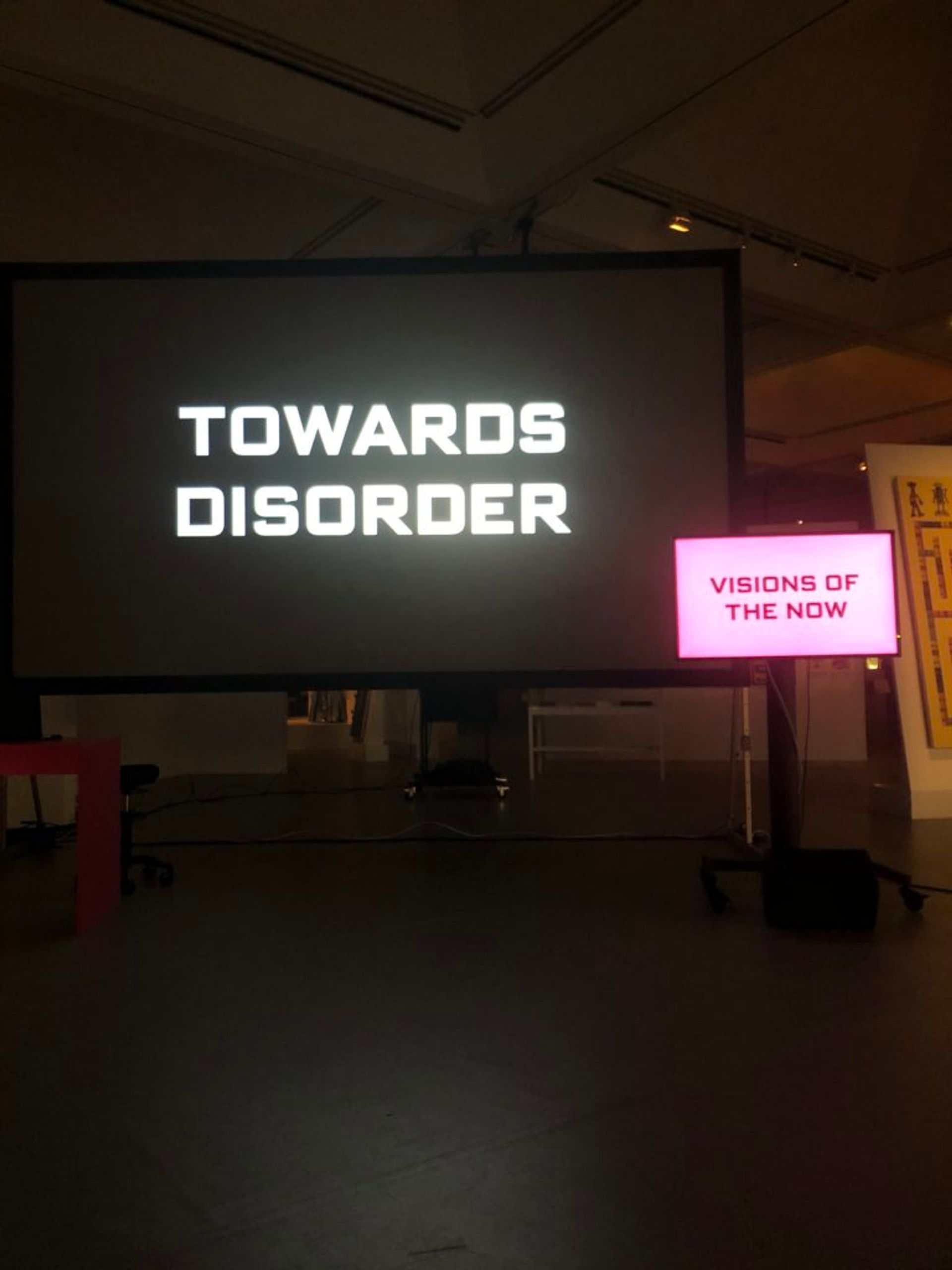
Group work
As Hazal very astutely says: “Group work is inevitable.” Group work is central to the ethos of Swedish higher education. Decisions are taken together, ideas are hashed out in discussions. Group work often constitutes a % of the final grade for individual classes, and it’s reassuring to know that your grade doesn’t just come down to the written paper or exam you individually do. And again, the spirit of collective learning in Sweden is so strong – not just the hoarding of intellect for one person, but sharing the wealth.
Of course this doesn’t mean group work is always an easy ride. But if you establish a good communication practice with your particular group and account for the fact that perhaps group members have jobs, family members to look after, then you can establish ways for every member of the group to contribute in the most effective way.
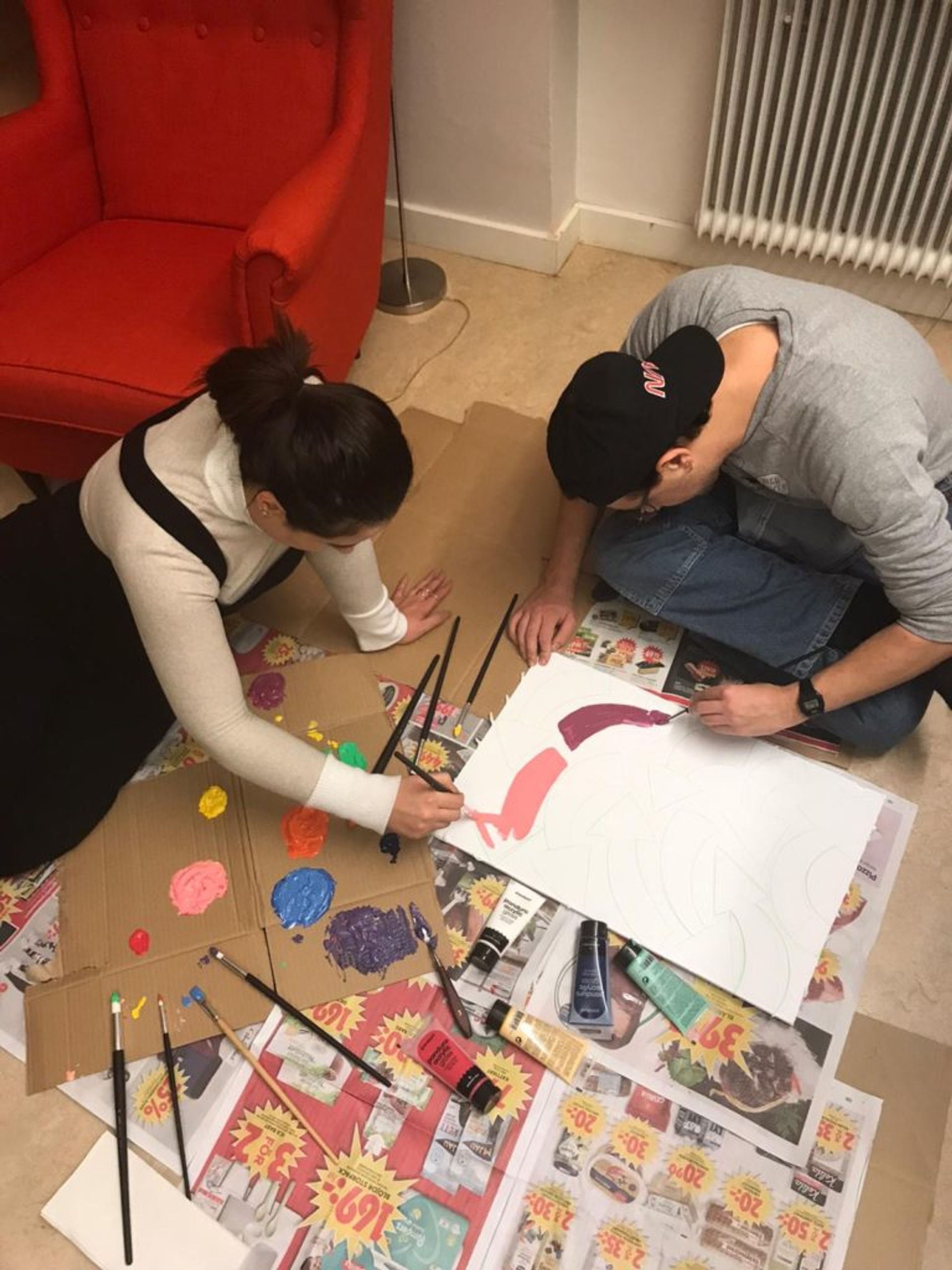
Exams
Surely they’re a standard hell everywhere, aren’t they? Well, not necessarily. Hazal says of her programme:
“We usually write papers with proper referencing. It’s not a regular exam where you have questions and answer. I usually find my own topic for the exam paper and discuss it through the theories that I’ve learnt during the course.”
Especially in the arts and humanities, exams are in the form of written papers, with, as Hazal said, proper referencing techniques. This allows you to practice crediting people’s work within specific referencing guidelines, which is crucial in advance of your thesis. It also allows you to do a proper deep-dive into the topics you have been studying, and work with what you’re intrigued with. I remember when I studied my year abroad in the US, and the method of examination even in Literature, Theatre and Latinx Studies was multiple choice and simple one-line sentences answers. This……was a no from me dawg. Though papers can feel very all-consuming and intense, they’re a brilliant way to test out how you understand the readings you have done, and they give you space to further develop your own thoughts and reflections.
Milo, who is from Bolivia and studies alongside Sara in the Global Studies programme at the University of Gothenburg observes that:
“There can be the option for retakes. In my country and in most of South America, if you fail you need to repeat the course. But here you have more time to fix that with the retakes.”
This is a really forgiving ethos which is something I also see central to the Swedish education system. The system is full of give, understanding that we all have different things going on at different times, and that might effect our ability to perform as we might want to.
Jordan, a US native and student of Peace and Conflict Studies at Uppsala University says:
“For me, the American system is very competitive and focused on grades and testing. Coming to Sweden it’s been a big change to go to the pass/ fail system which has alleviated a lot of my stress allowing me to focus on learning opposed to focusing on my GPA.”
Depending on the programme and class, it is as Jordan observes on a pass/fail basis. So this does help you stop worrying about the number attached to your learning, and instead focus on the quality of what you learn and what you produce.
It’s good to note that some programmes aren’t like this. In my programme, Performance Studies, we still focus on the traditional A, B grading system for classes where we write papers. But for classes such as our compulsory internship and for a practical class where we staged an intervention in a museum, those were also pass/fail classes.
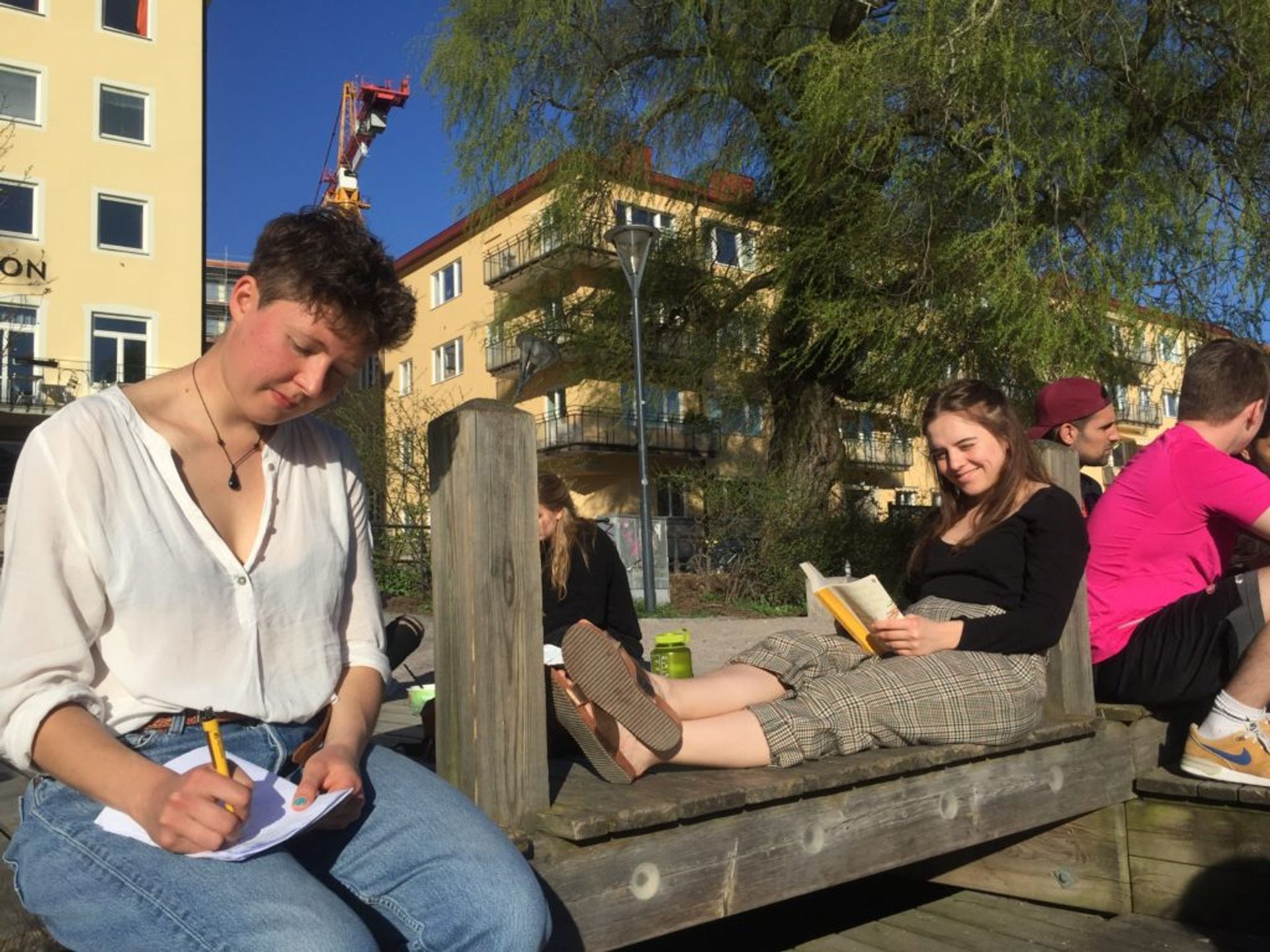
Class schedules
On the topic of schedules, Milo says that:
“The modular system is very different for me and also for some friends I made here. Taking only 1 course for half of the semester is very different, as I am used to take until 7 courses at the same time for the entire semester.”
This is a good thing to keep in mind, to consider how to divide up your work between class-time, study-time and social time.
Reuben has a very different experience of his class schedule in Malmö compared to the Philippines:
“Schedules back home are usually fixed throughout the semester, however here we have different schedules every week, so it is very important to plan each week properly.”
As you can see there’s some variety across the country, so it’s really good to do research on the different practices at work in different departments and universities in the country.
MA Thesis
There are so many ways of doing the MA thesis in Sweden. It’s kind of startling. Sometimes you have a thesis partner, and it’s a collaborative piece of work. Sometimes it’s an intensive piece of self-authored work, which requires strict dedication and scheduling for a semester or more. Hazal recently wrote a fantastic blog on how to get through the thesis, which I have been looking at during my thesis-time-of need when I feel the pressure of writing a 100+ pages piece of work… *heavy breathing intensifies*
The thesis project is often made up of very different components. There’s of course supervisions with your tutor, which happen for many months during all stages of your thesis writing process. Departments will also often invite younger scholars to attend the thesis defences of older coursemates. I would really recommend doing this if you’re invited. It allows you to see how the opposition/defence system works, and in my experience, makes the whole project feel more approachable. It was honestly pretty incredible to see the level of work and thought that had gone into my coursemates’ projects when I went to their theses defences in November, and made me feel excited about the possibility that I might create something as rigorous as what they had. Some departments also organise text-reading meetings with all of your classmates, where you exchange text-in-progress and give one another feedback. These sessions are super helpful. It’s also great to have everyone together again, as the thesis project is one which can be quite a solitary undertaking. So it’s great to hear from other classmates to see how they’re doing, how you can help one another, and how you can better prepare for the defence when it comes.
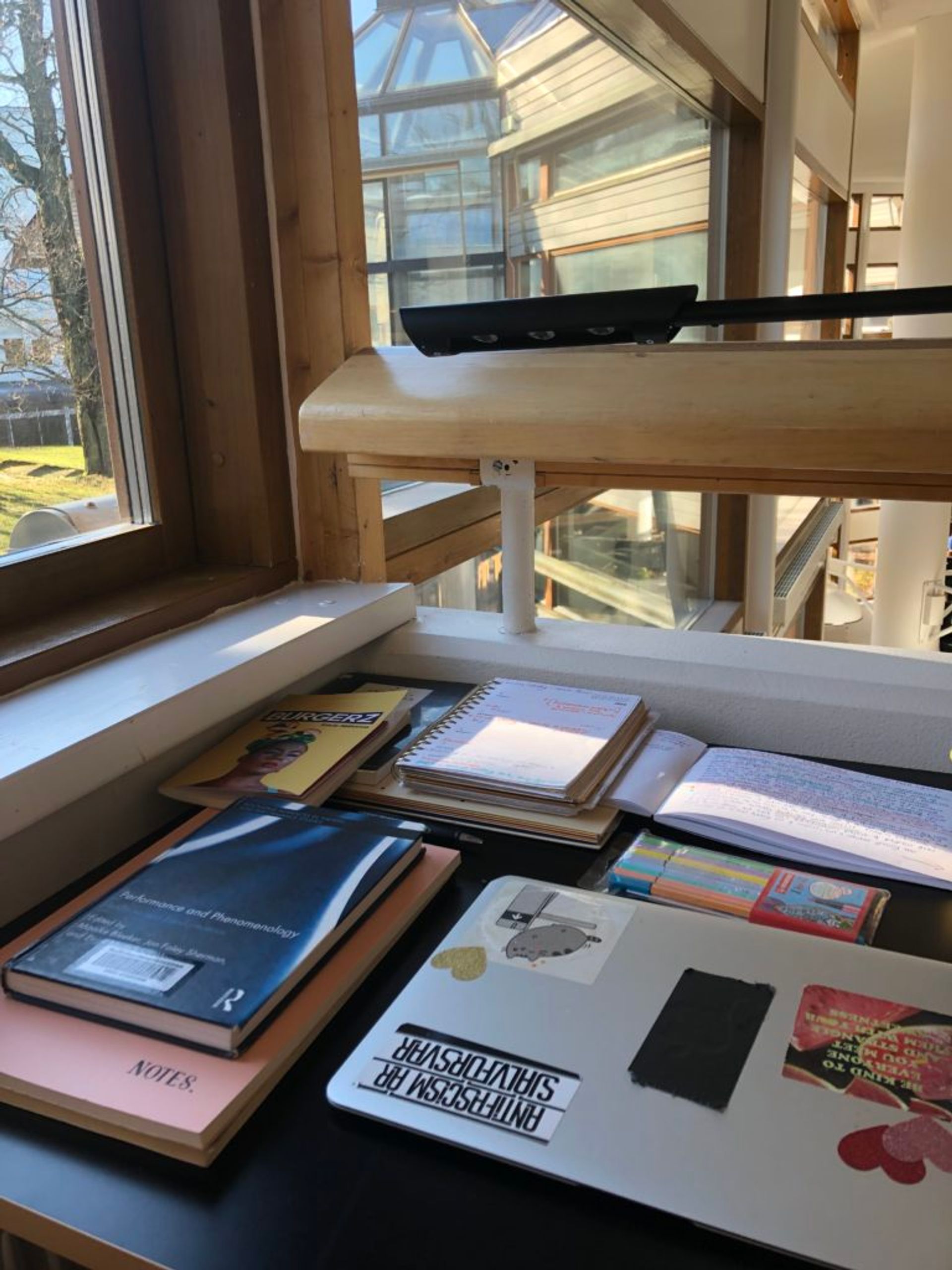
Studying courses at other universities
In Sweden there is a type of class called a ‘free-standing course.’ This basically means that even if you’re not enrolled in the main programme of study, or even at that university, you can apply to study a course as a stand-alone class. I’m currently enrolled in one such class at Stockholm University of the Arts. As it’s a free-standing course, it means that the people in the class are from many, many different disciplines, and some are from outside of academia altogether. It means that the course is super varied, and the discussions are very enriching.
Something to note is that if you’re taking a class within another discipline or at another university, the schedule might follow a very different pattern to what you’re used to. Manage your time accordingly. At SU, for example, my individual classes have usually been 1 or 2 times per week, around 3 hours per session. For this free-standing course I’m taking at Stockholm University of the Arts, the class runs once per month for four months, for four days at a time…..and on the weekends. So there is a stretch every month from Thursday-Sunday where I am in class from 10:00-16:00. It’s crazy intense, but so worth it because the teacher and the classmates are wonderful, and have woken me up to completely other ways of doing academia.
In conclusion…
Everything depends from programme to programme, university to university. But what I think we can see from asking some students from different cultural contexts and different universities, is that there is some harmony to the Swedish way of education. That there is that foundation of questions being encouraged, speaking up when you need help, of collaboration being the key to success and sharing knowledge being what makes academia an enriching pursuit.
How does the higher education system work in your home country? What are you looking forward to in the programme you’ve applied for? Let me know in the comments below!




